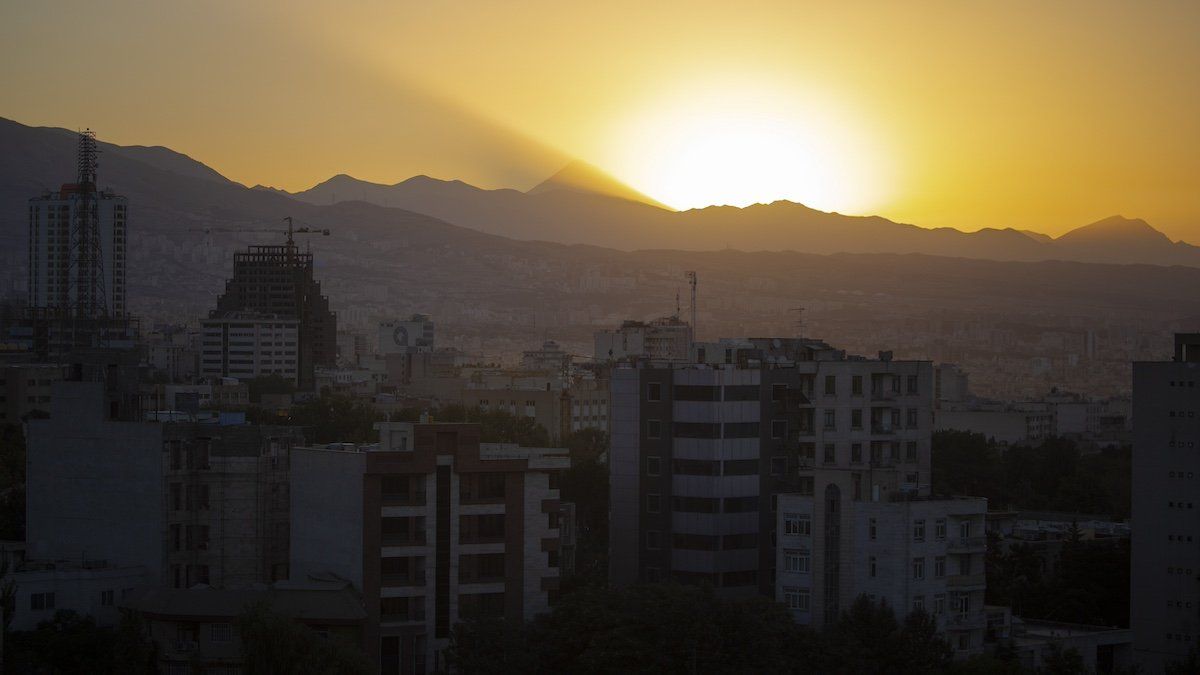After weeks of increasingly severe blackouts caused by massive natural gas shortages in Iran, the state power company warned manufacturers on Friday that they need to brace for power cuts that could last weeks and cost billions of dollars. The government is facing a difficult choice between cutting fuel for power plants or for residential heating — and are taking the first option in a bid to keep a lid on public discontent.
Markets took small comfort, however, with the Iranian rial plummeting to 770,000 to the dollar, its lowest value ever. Ordinary Iranians spent most of last week not knowing whether they would be able to send their children to school or go to work themselves the next day, a situation which seems likely to continue.
Wait, doesn’t Iran have tons of natural gas? Yes, and generous subsidies for consumers to boot, which means the overwhelming majority of Iranians depend on — and arguably overconsume — natural gas for home heating and cooking. But even though the Islamic Republic sits on the world’s second-largest reserves, sanctions and international isolation have left its infrastructure and technology woefully inadequate to supply its own needs.
Iranian producers already burn off huge quantities of natural gas released in oil extraction because they lack the technology to collect it instead. And much of the natural gas Iran does extract is then exported to Turkey and Iraq, where it brings in much-needed hard currency.
The New York Times also reported on Saturday that Israeli strikes against two pipelines back in February forced Tehran to eat into reserves that it was unable to replenish over the summer.
Will the crisis reach a boiling point? With temperatures plunging as low as -20 C in many parts of the country, cuts to gas for domestic heating could put lives at risk. We’re watching for unrest, but keep in mind that hundreds of Iranians lost their lives and thousands more were arrested and abused by regime forces in 2022 and 2023 during the protests over the killing of Mahsa Amini. As long as the regime is willing to kill its own people in the streets, protest may be futile.